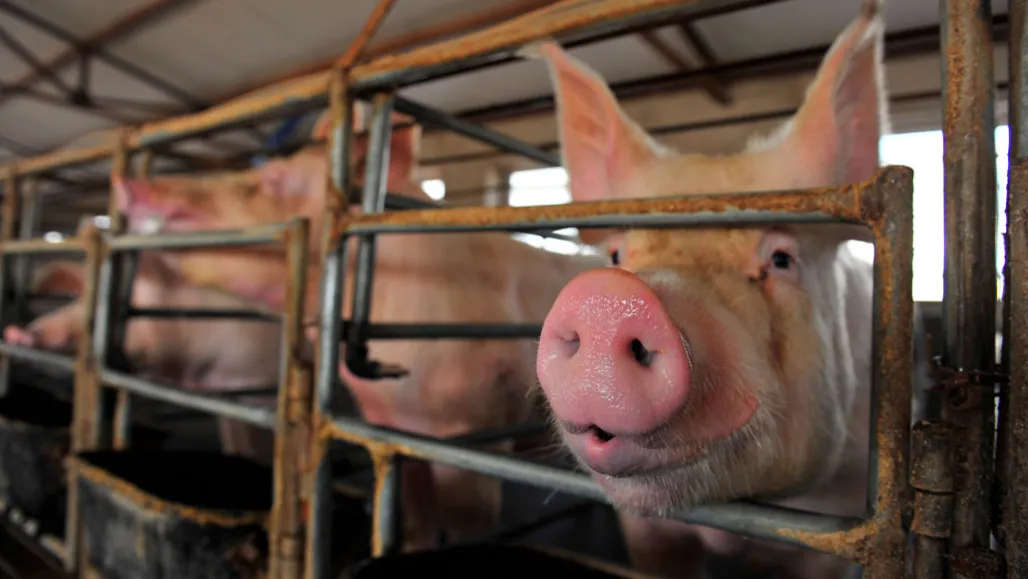Indonesia is grappling with a significant outbreak of African swine fever (ASF), which has been detected in 32 out of the country’s 38 provinces. The announcement was made by Sahat Panggabean, a representative of Indonesia's quarantine agency, during a government meeting on Monday. The disease has killed thousands of pigs nationwide this year, causing major economic losses for pig farmers.
Regions Most Affected by ASF
The provinces with the highest density of ASF cases include East Nusa Tenggara, North Kalimantan, South Sulawesi, and Riau. Panggabean urged local leaders to increase awareness and improve disease reporting mechanisms.
“We need proactive participation from communities and authorities to contain the spread of ASF,” he said.
Although ASF poses no risk to human health, it is highly contagious and fatal to pigs. The outbreak has caused severe disruptions in Indonesia’s pig farming industry, a vital sector for many rural communities.
Government Response and Containment Measures
In response to the crisis, the government has implemented several measures to prevent further spread of the disease. Specific lands have been allocated for carcass disposal, and incinerators are being used to burn infected pig remains.
“We strongly urge communities to avoid throwing infected or dead pigs into rivers, as it accelerates the spread of the virus,” Panggabean stressed.
These efforts aim to minimize contamination and control the outbreak, but challenges remain. Lack of awareness and timely reporting from affected regions continue to hinder effective management of the situation.
Impact on Farmers and Livestock Industry
ASF has taken a heavy toll on pig farmers, many of whom depend on livestock for their livelihood. With no effective vaccine or cure for the disease, prevention is the only viable solution. Farmers face mounting losses as thousands of pigs succumb to the disease, reducing both supply and income.
The outbreak also highlights the need for better biosecurity measures in Indonesia's livestock sector. Enhancing infrastructure, training farmers, and implementing strict disease monitoring protocols are crucial steps to mitigate the impact of future outbreaks.
Looking Ahead: Strengthening Resilience Against ASF
As the ASF outbreak continues, the Indonesian government is focused on controlling its spread and protecting the livelihoods of farmers. Increased collaboration between local authorities, farmers, and communities is essential to prevent further economic and environmental consequences.
The current crisis serves as a wake-up call for Indonesia's livestock industry, emphasizing the importance of improved disease prevention strategies and stronger coordination between stakeholders. While the road to recovery will be challenging, proactive measures taken today could safeguard the industry from similar outbreaks in the future.
Read More






 Wednesday, 04-02-26
Wednesday, 04-02-26







